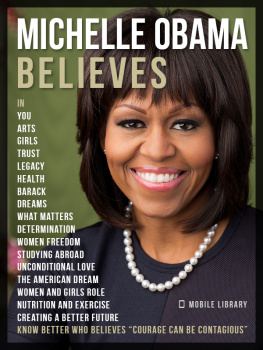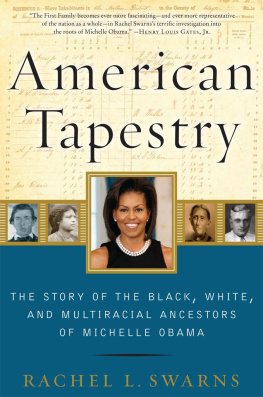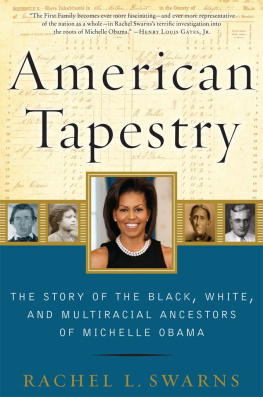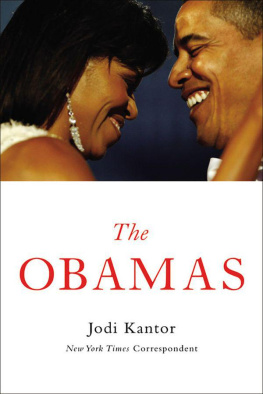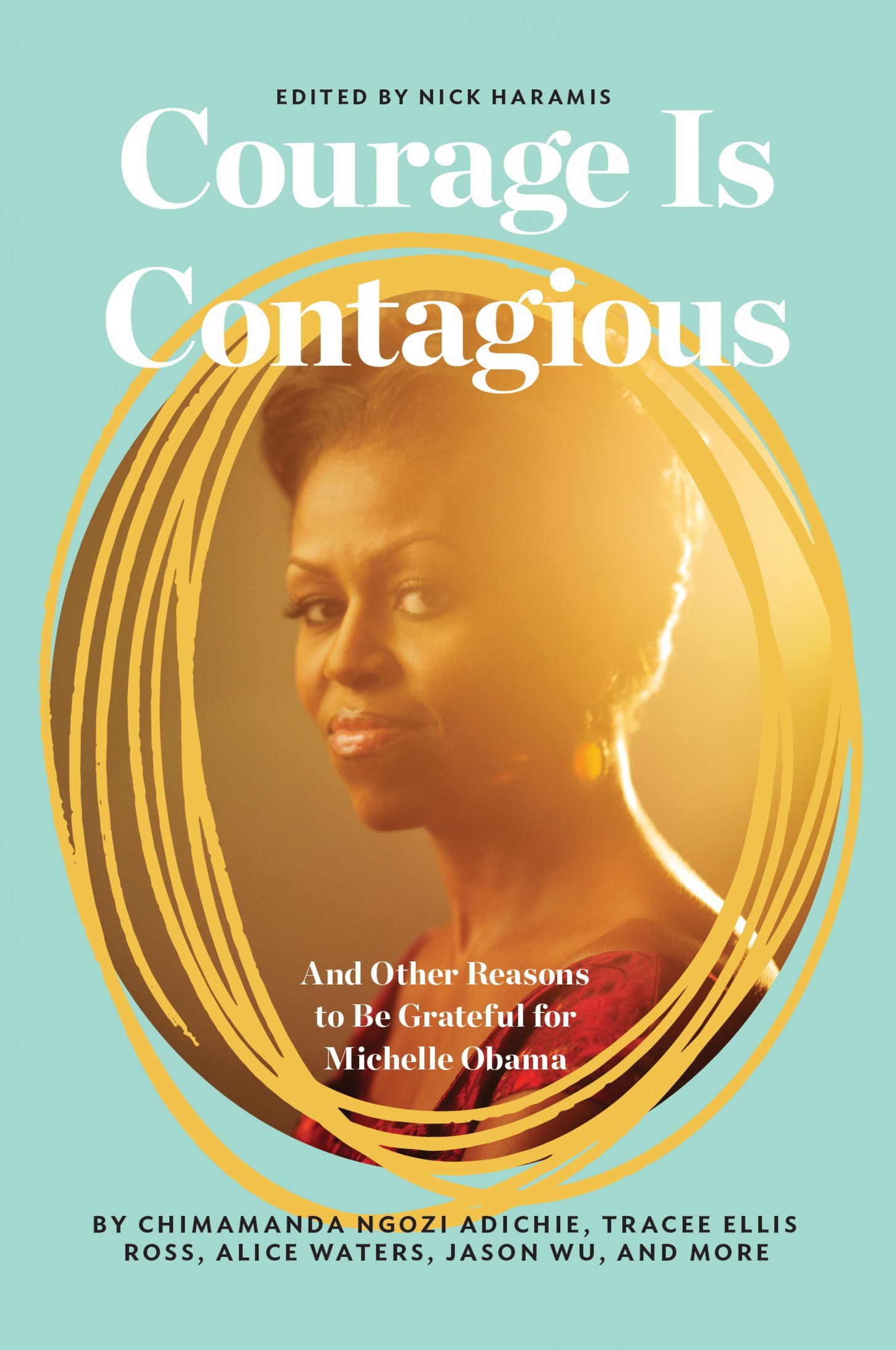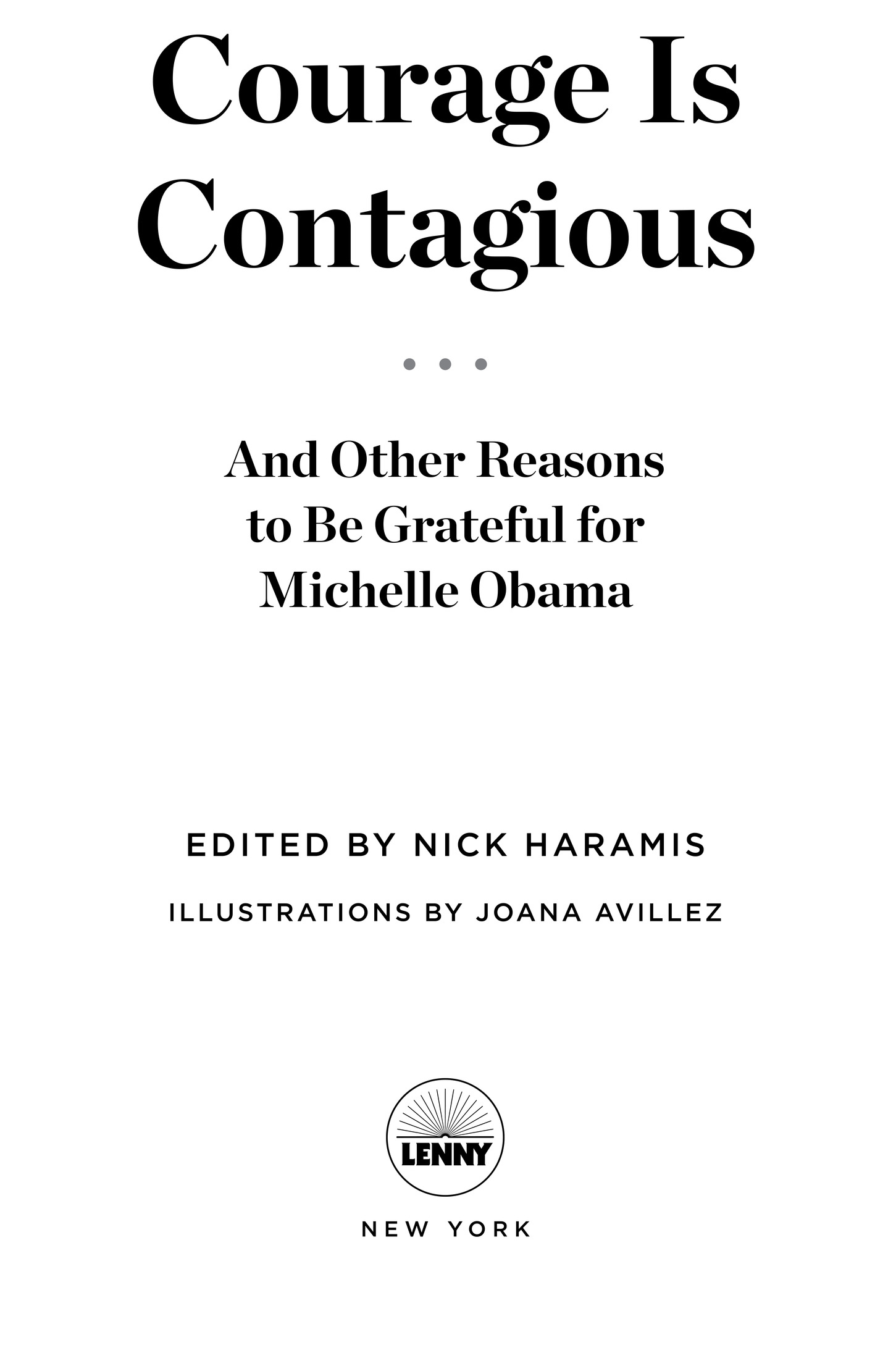Copyright 2017 by Nick Haramis
Foreword copyright 2017 by Lena Dunham
Illustrations copyright 2017 by Joana Avillez
Essay by Laura Camacho copyright 2017 by Laura Camacho, essay by Charlamagne tha God copyright 2017 by Charlamagne tha God, essay by Adasendis De La Cruz copyright 2017 by Adasendis De La Cruz, essay by Kate Millett copyright 2017 by Kate Millett, essay by Janet Mock copyright 2017 by Janet Mock, essay by Patton Oswalt copyright 2017 by Patton Oswalt, essay by Issa Rae copyright 2017 by Issa Rae, essay by Cecile Richards copyright 2017 by Cecile Richards, essay by Tracee Ellis Ross copyright 2017 by Tracee Ellis Ross, essay by Gabourey Sidibe copyright 2017 by Gabourey Sidibe, material by Kara Walker contained in the introduction copyright 2017 by Kara Walker, essay by Alice Waters copyright 2017 by Alice Waters, essay by Jason Wu copyright 2017 by Jason Wu
All rights reserved.
Published in the United States by Lenny, an imprint of Random House, a division of Penguin Random House LLC, New York.
L ENNY and colophon are trademarks of Penguin Random House LLC.
Grateful acknowledgment is made to the following for permission to reprint previously published material:
Cond Nast: Anna Wintours Editors Letter excerpted from the December, 2016 issue of Vogue, copyright 2016 by Cond Nast. Reprinted by permission.
PARS on behalf of The New York Times: Excerpts from To the First Lady, with Love by Gloria Steinem, Rashida Jones, and Jon Meacham (The New York Times Magazine, October 17, 2016), copyright 2016 by The New York Times. All rights reserved. Used by permission and protected by the copyright laws of the United States. The printing, copying, redistribution, or retransmission of this content without express written permission is prohibited.
The Wylie Agency LLC: Michelle by Chimamanda Ngozi Adichie, originally published in The New York Times Magazine, October 17, 2016, copyright 2016 by Chimamanda Ngozi Adichie. Reprinted by permission of The Wylie Agency LLC.
Hardback ISBN9780399592614
Ebook ISBN9780399592621
randomhousebooks.com
Book design by Susan Turner, adapted for ebook
Cover design: Rachel Ake
Cover photograph: Kwaku Alston/Contour by Getty Images
v4.1
ep
Contents


FOREWORD
Lena Dunham
Dear Reader,
It seemed like a no-brainer when, in the fall of 2016, T, The New York Times Style Magazine published a series of essays in appreciation of Michelle Obama. Saying goodbye to her was not just a duty but a celebration (albeit a bittersweet one, leaning more on the bitter than the sweet when we understood what was to come). Brilliant, kind, and irksomely stylish, she is beloved by anyone you would ever want to share a meal or a taxi with. Her influence on Americathe way she injected the White House with a sense of class, ease, and definitive purpose (and not, refreshingly, any distracting controversy)was obvious. But what was revealed in the writings of Chimamanda Ngozi Adichie, Rashida Jones, Jon Meacham, and Gloria Steinem was that Mrs. Obama had not simply gifted us with eight great years alongside her husband; she had also fully and completely rejiggered our notion of what a first lady could and should be. In the words of Adasendis De La Cruz, a very special ninth grader featured in this book: I only care what certain people say, among them Michelle Obama.
But despite this mastery over both our moral and fan-girl selves, Michelle Obama was not born from whole cloth. She fought beside her husband as he made his way to the White House: against racist attacks, against the mainstreaming of their identities, and against her own reservations about being a political wife. But, forged in the fire, she emerged the most resilient and beloved first lady we have yet to know. She remodeled the job, and gave us a new sense of resolve.
Modern first ladies have been held to near-impossible standards of behavior, almost Victorian in the rigors of expectation. Their husbands become their mirrors, their albatrosses, and their legacies. Historically, style has been frowned uponeven if Lady Bird Johnson and Jackie Kennedy managed to slide some inas were personal revelations (one of the reasons Betty Ford is so quietly remarkable). These women tried so hard to dress in ways that would invite neither approval nor scorn that they disappeared into a sea of beige organza. In effect, they were rendered human tea sets. Their intellect and opinions were used in service of their husbands goals, and in cases of noncompliance (see: Hillary Clinton, Eleanor Roosevelt) the gavel was swift, merciless, and looksist. It aint a job for the faint of heart, even if you do get to hang a painting of yourself in the White House.
Michelle Obama ignored many of these reductive constraints by being brazenly herself, by leaning even harder into what makes her so unique. She started out, of course, as a symbol, which Chimamanda Ngozi Adichie suggests when she writes, All over America, black women were still, their eyes watching a form of God, because she represented their image writ large in the world. And yet she became so much more than simply the page of an illuminated manuscript. Using her Let Girls Learn initiative, Mrs. Obama made sure this countrys young female population saw her (a lot of her) on the national stage (or on Sesame Street) and insisted that they had worth beyond what they meant to their fathers, brothers, and boyfriends. She became a champion for American fashion designers, making clothing easy and effortless andperish the thoughtfun. She invited self-expression into what had once been (and is alas again) the whitest place on earth. She mom-danced with Jimmy Fallon, she hugged children who saw what was coming in their political future, and she left us with this measured but potent call to arms: When they go low, we go high.
Ive had the good fortune to meet Mrs. Obama several times. The first words out of my mouth were, Im sorry to say, Youre the most amazing person on earth, like way better than my mom even. I followed up that gem with, I think I have that dress. Is it Band of Outsiders? She thanked me for the way I modeled my womanhood for her girls, even if my show was a little risqu for the Obamas themselves (a brag Ill never get sick of bragging). She hugged me as if she wasnt forced into the arms of strangers hundreds of times a day. She told me I had something important to say. Even as a thirty-year-old ensconced in my career, I needed to hear that. Every woman does.




